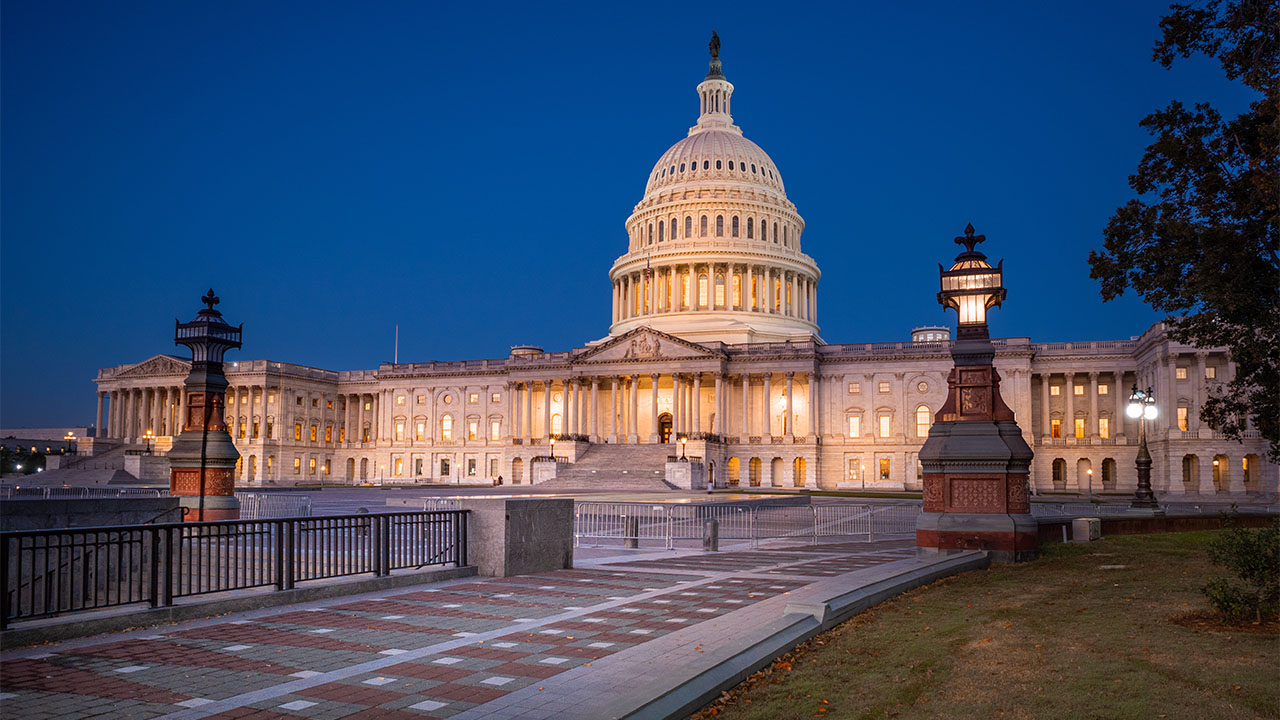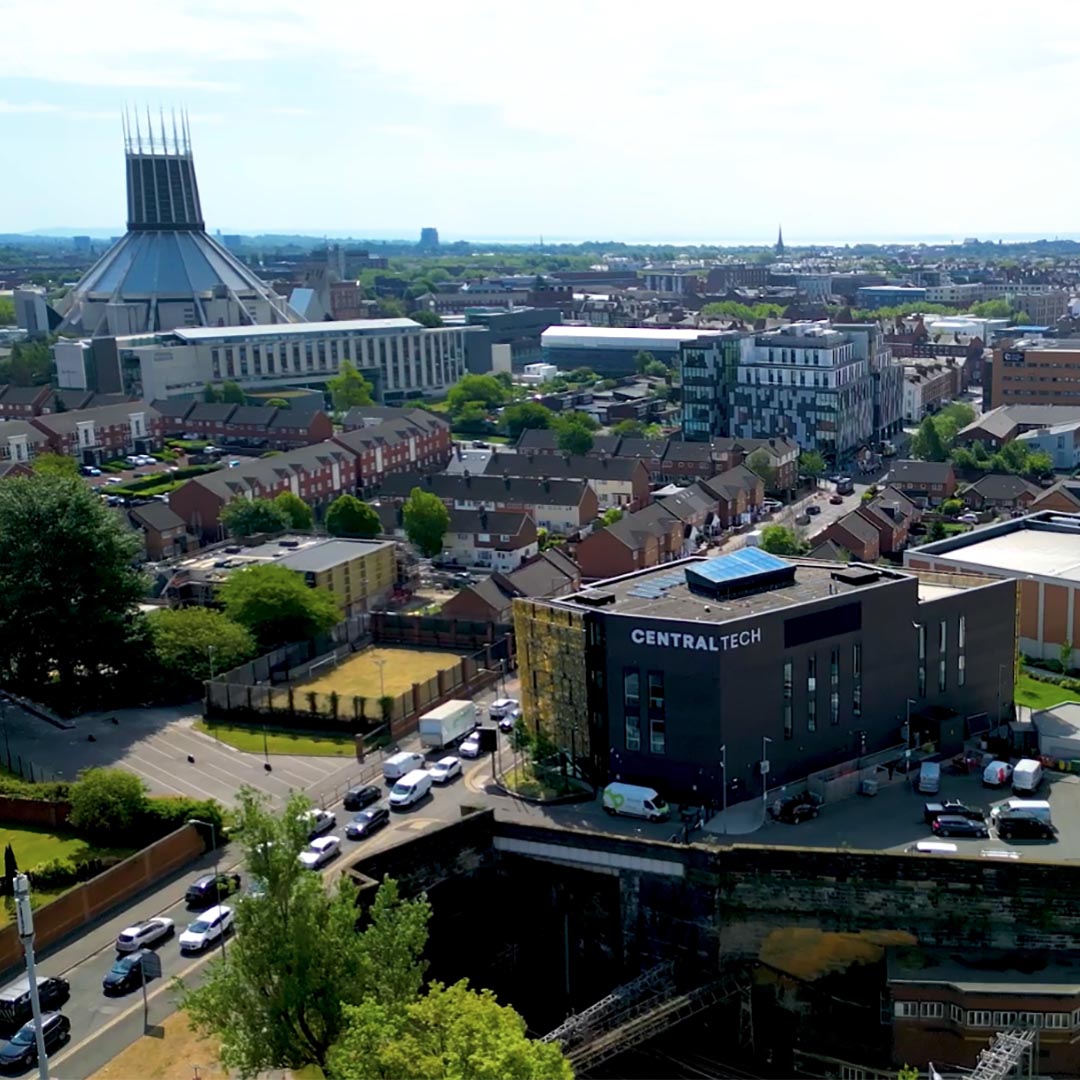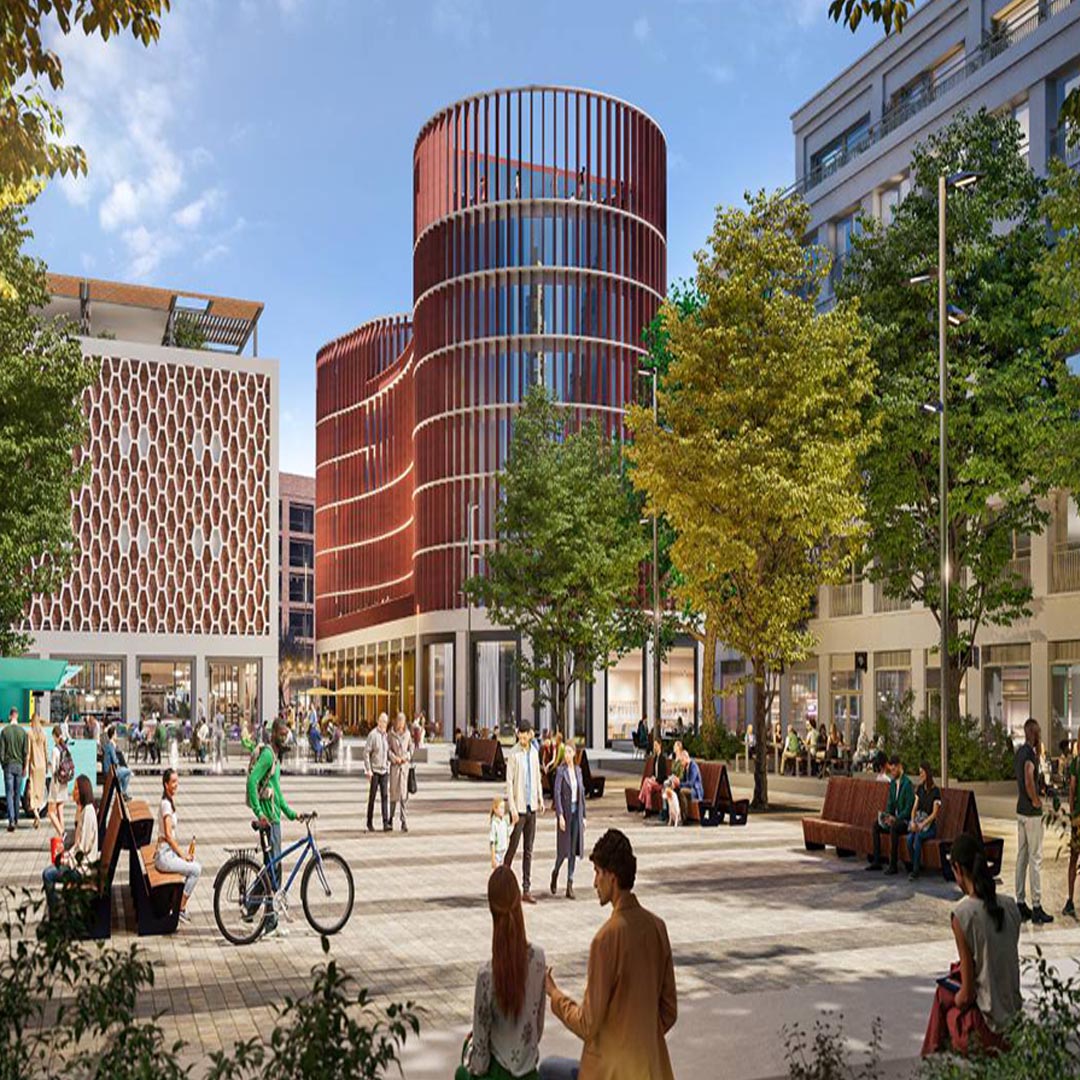This week has seen The American Left continue to eat itself.
For different reasons, the Moderates and the Progressives have threatened to derail their own President’s plan for a European-style social security safety net, moves to bolster health care coverage for all, and thwart his proposal to invest heavily in climate change, renewable energy, and early years education.
These were widely trailed as manifesto commitments by Biden in his election campaign, so while citizens are left bewildered by the Democrats decision to frustrate their President’s plans, politics watchers worldwide will recognise the age-old tradition of the coalition which is the Left indulge in bitter infighting and ideological intolerance of each other.
But this latest act of self-harm by the Democrats is wrong on many levels.
First, tactically it’s so very wrong.
It may come as a surprise to many, but the White House doesn’t hold the levers of power in U.S. government, and certainly not the purse strings.
Congress – the Senate and House of Representatives – is where the real power lies.
In fact, most of the rules of U.S. government are specifically to limit the President’s actions and wishes – apparently they had some bad experiences with absolute power in the past.
So, when Biden won the 2020 Presidential race and became the latest resident of 1600 Pennsylvania Avenue, he found himself, thanks to a couple of hard-fought elections in Georgia, in the enviable position of having slightly more of his own party members than those of his opponents in Congress.
With a wafer-thin advantage in his favour, he looked to seize the moment.
Biden set out an ambitious legislative program – Building Back Better – to do many of the things his pal Barack Obama could only ever have dreamed of getting passed by lawmakers while he was President.
But remember, this is The Left we’re talking about, and a defeat can easily be snatched from the jaws of victory.
Rather than run with it and get a package of reforms which would support and enhance the life chances of those who need it most, the bickering and special interests of a handful of politicians may see this moment pass.
With mid-term elections in 2022, the Senate currently split 50-50, and the Democrats enjoying only a 5-seat lead in the House, the numbers in Congress are destined to change, and with it the window of opportunity for Biden to get any legislation passed is likely to slam shut.
It is also a tactical mistake to make the fate of the President’s Build Back Better bill entirely responsible for the fortunes of the Infrastructure Bill. The Infrastructure Bill enjoys bi-partisan support – and huge public approval – to deliver billions of dollars for improvements to transport, support energy grid resilience and bolster storm and natural disaster defences.
Progressives fear the Infrastructure Bill will pass and then the Moderates will forget to back the more radical Build Back Better act. They want the two tethered together in one vote but failing to deliver the popular Infrastructure Bill will be seized upon by the Republicans as evidence Biden and the Democrats can’t deliver.
But perhaps the biggest mistake will be if the intransigence of the Democrats prevents the vote from passing on Thursday as part of the Budget Reconciliation.
This process – because it’s a budget measure – prevents the opposition filibustering and delaying the act for purely political purposes. But if it doesn’t get to a vote – because the factions in the Democrats won’t negotiate – it will mean the debt ceiling (how much the Federal Government can borrow to set a balanced budget) doesn’t rise and, consequently, at one minute past midnight on Friday morning, the U.S. government goes into lockdown, non-essential services halt, and the nation is unable to pay its bills.
Worse still, with the debt ceiling issue built into the Build Back Better bill process, if it doesn’t pass, America may have to default on its next scheduled payment on its loans and debts on October 18th.
That would be unprecedented.
It would lurch from a political issue to an economic crisis.
Economists fear interest rates would soar, the value of the dollar would collapse, mortgage and car loans would be out of reach of ordinary Americans and millions of jobs would be put in jeopardy.
Democrat politicians of all hues should take note.
While the public may forgive them all kinds of other indiscretions and foibles, they will never forgive them for political posturing which leads to them having their homes repossessed, losing their incomes and seeing their savings and pensions decimated.
And for what? What is it they actually want? What is stopping them delivering broadly popular policies while they have the power to do it?
No-one has any beef with the Infrastructure Plan. It enjoyed ‘two to one’ support in its passage through Senate this Summer. All agree it is long overdue to see public spending on the systems which will modernise and expand the nation’s economy.
The battle is over the $3.5trilllion, 10 year lifespan, Build Back Better Bill.
Moderates say they worry about the long-term repayment schedules and the risk it might spur inflation. The leading opponent is Arizona Senator, Kyrsten Sinema who has reportedly let it be known she won’t support any increase in income tax or corporation tax rates, nor accept any plan for the federal government to negotiate the price of medicines with drug companies.
The Progressives, lead by Bernie Sanders, want more pain to be felt by the super-rich and mega-corps through higher taxes and loophole reforms to pay for social protection programs, and federal drug negotiations to save billions in medical costs.
And if you look at the polling and elector research, both groups can point to evidence that the public agrees with them.
Mainstream American voters have in recent elections rejected the Republicans unflinching belief in the ‘invisible hand’ of the market and the idea that simply cutting taxes and rolling back regulation is helping improve the lives of the middle class, workers, or those living on fixed incomes.
While this looks like the nation has taken a step to the Left, polling reveals they are still largely ‘fiscally conservative’ and worried about Democrats spending too much on things they the public don’t really care about.
Polling shows nearly 4 out of 5 Americans favour Federal Government programs which actively prioritise work and directly support job creation. They are even supportive, though less emphatically, of the key elements of the Build Back Better bill but are significantly unimpressed by government interference and political programs which seek to address issues like ‘fairness’ and ‘equality’ or forced ‘unionisation’.
So, what needs to happen? Biden cleared his diary for the whole week to deal with the issue. The lazy narrative says it’s the ideological Progressives being awkward and the popular wisdom is that the pragmatic Moderates are more realistic.
But that isn’t the case here. The progressives want both Bills to pass.
The moderates, or Senator Sinema and those closest to her like Sen. Joe Manchin of New Jersey, only want the ‘no cost to business’ Infrastructure Bill to pass and are in lock step with the Republicans and the powerful business lobby who want to scupper the Build Back Better Bill at any cost.
The Progressives are open to negotiate, they’ll ‘give a bit to get a bit’ it seems.
But this impasse seems to be squarely at the feet of the Moderates.
Senators Sinema and Manchin surely aren’t going to pull the rug from under the entire Biden administration and sink his flagship legislation?
Unless Biden can bang heads together this week both progressives and moderates can’t win, but both can definitely lose.














